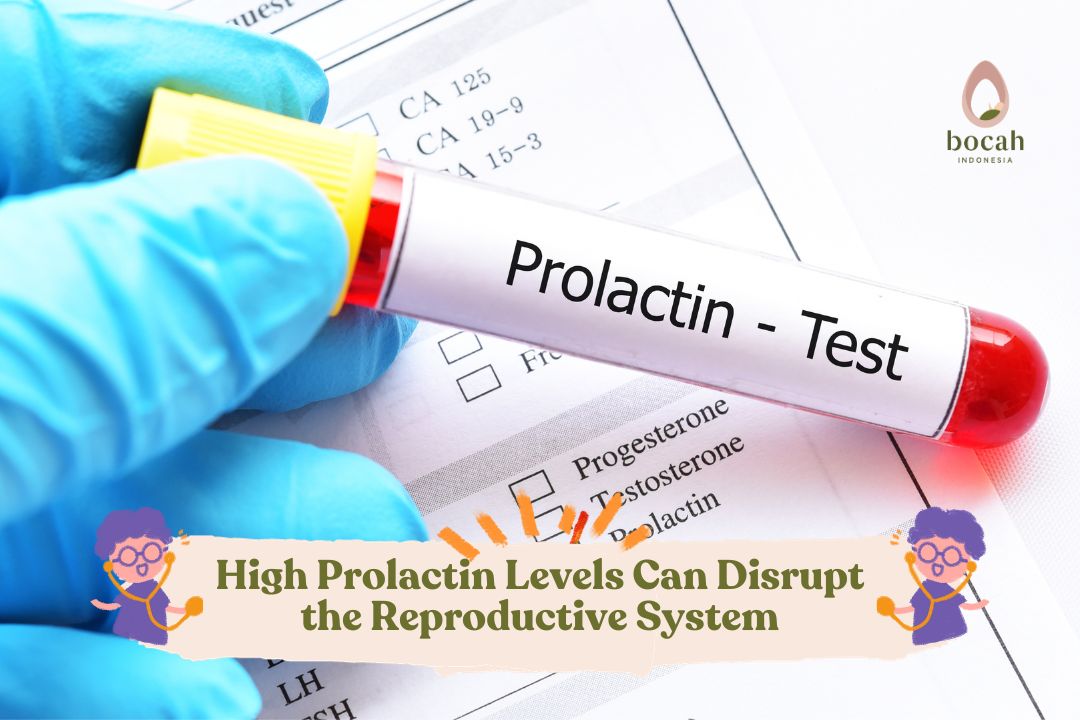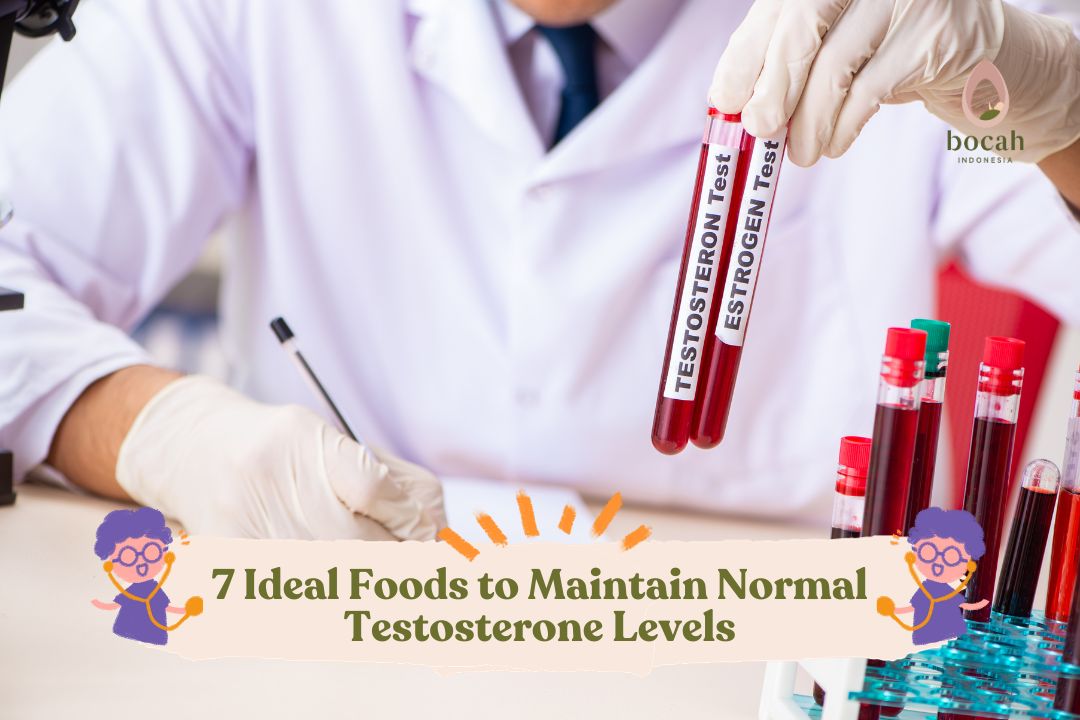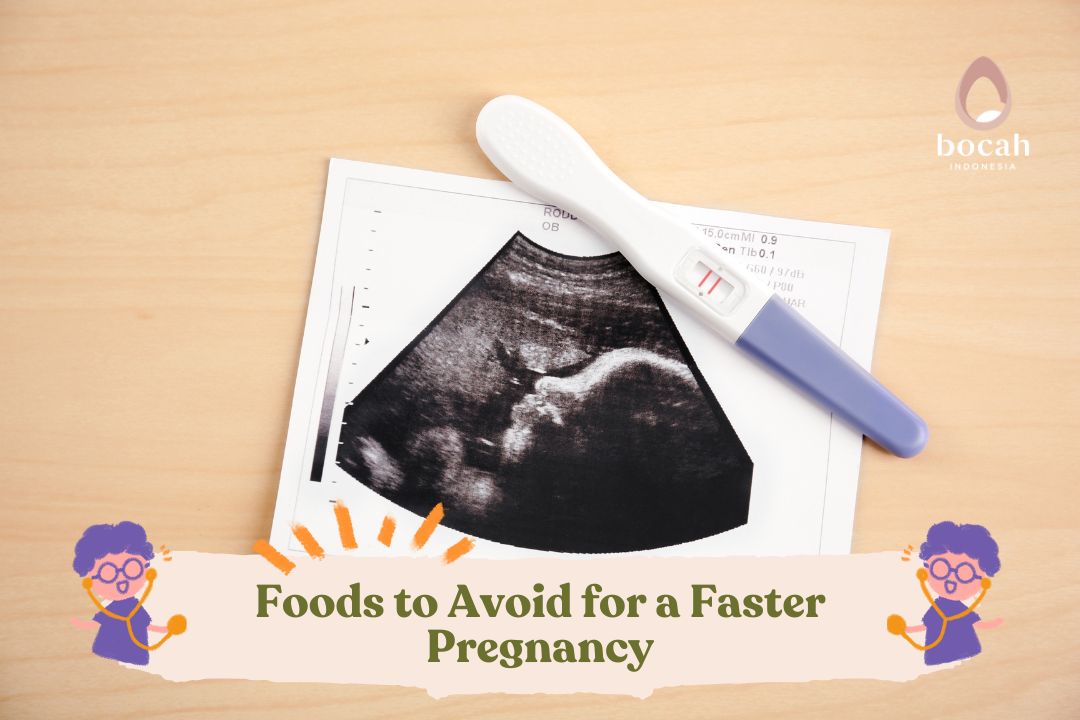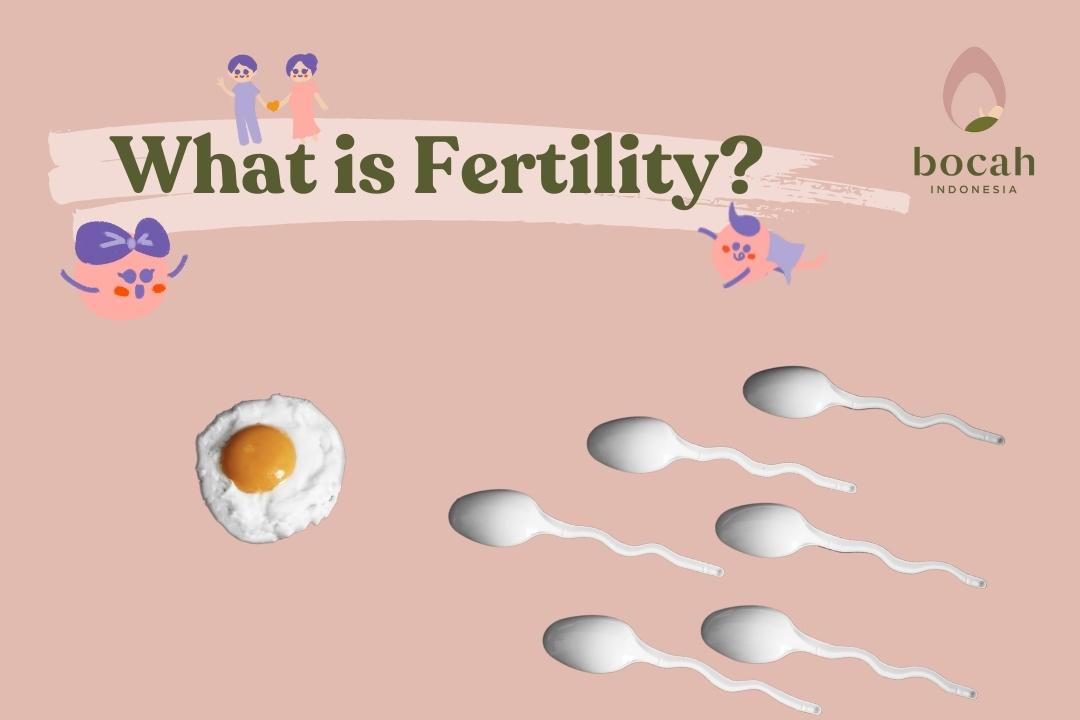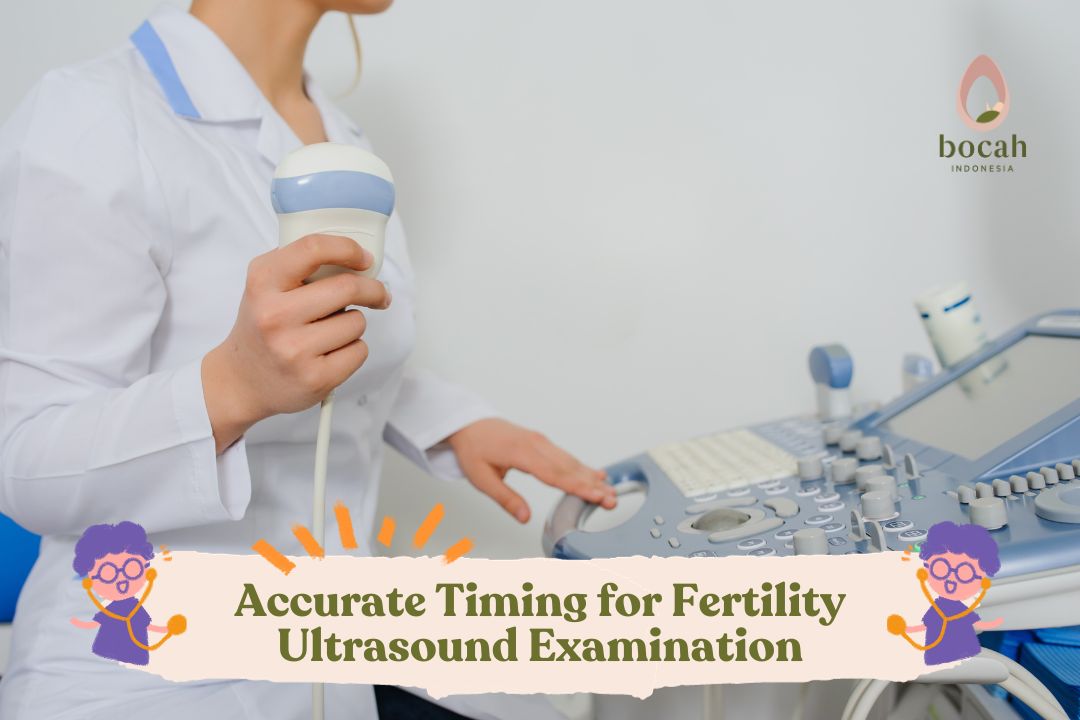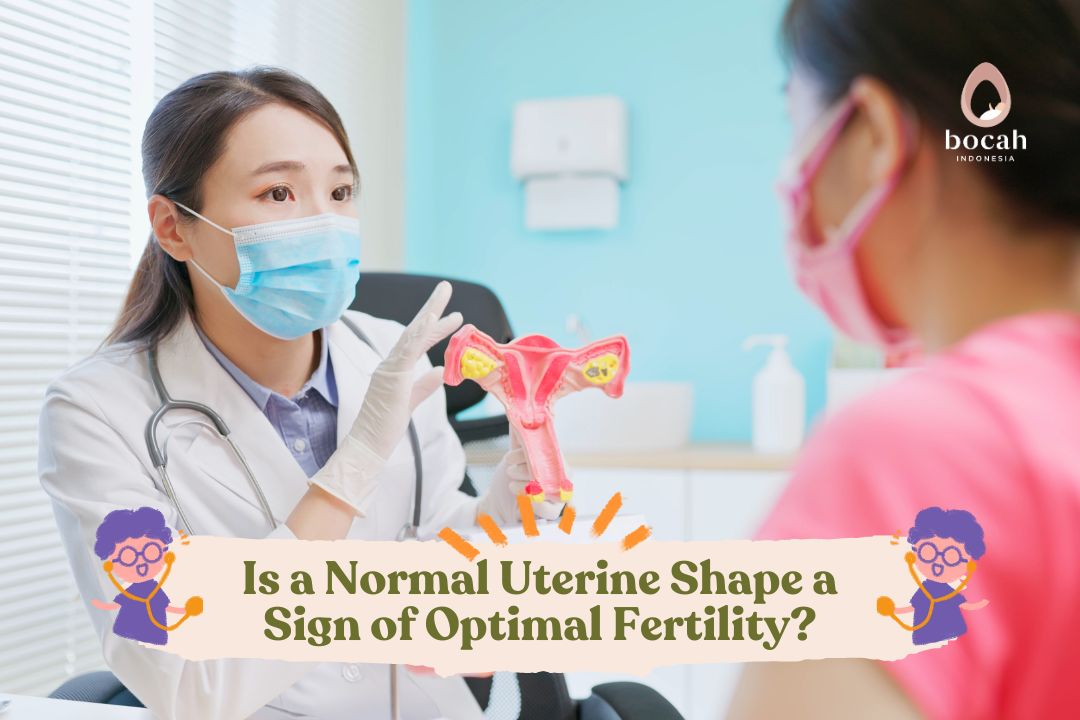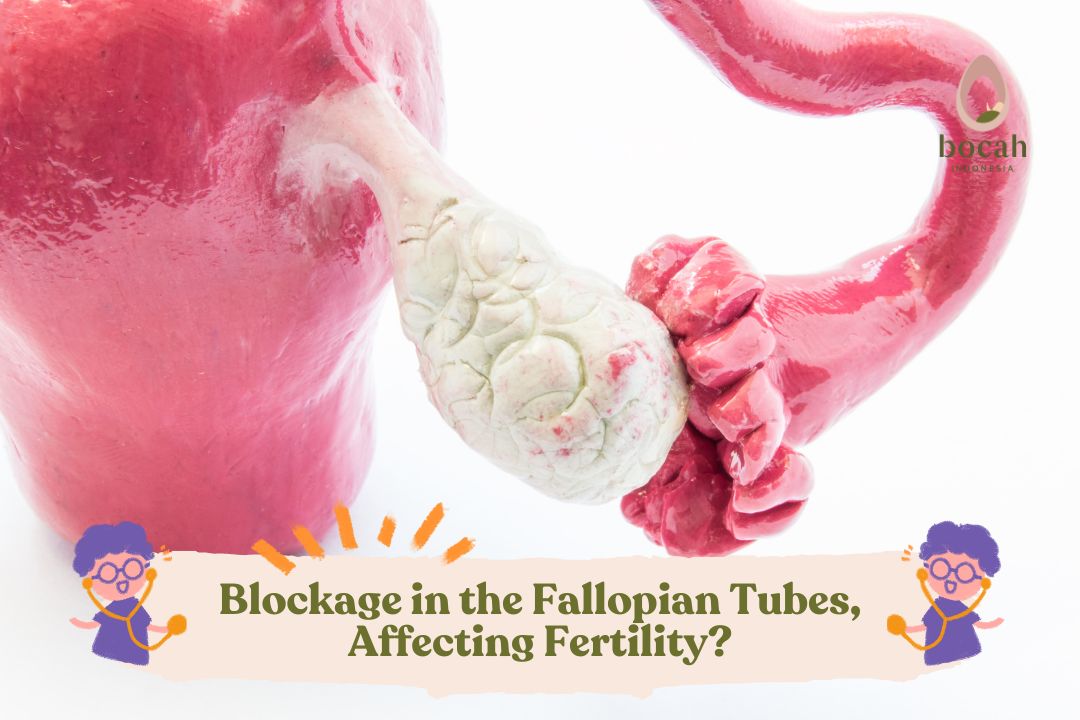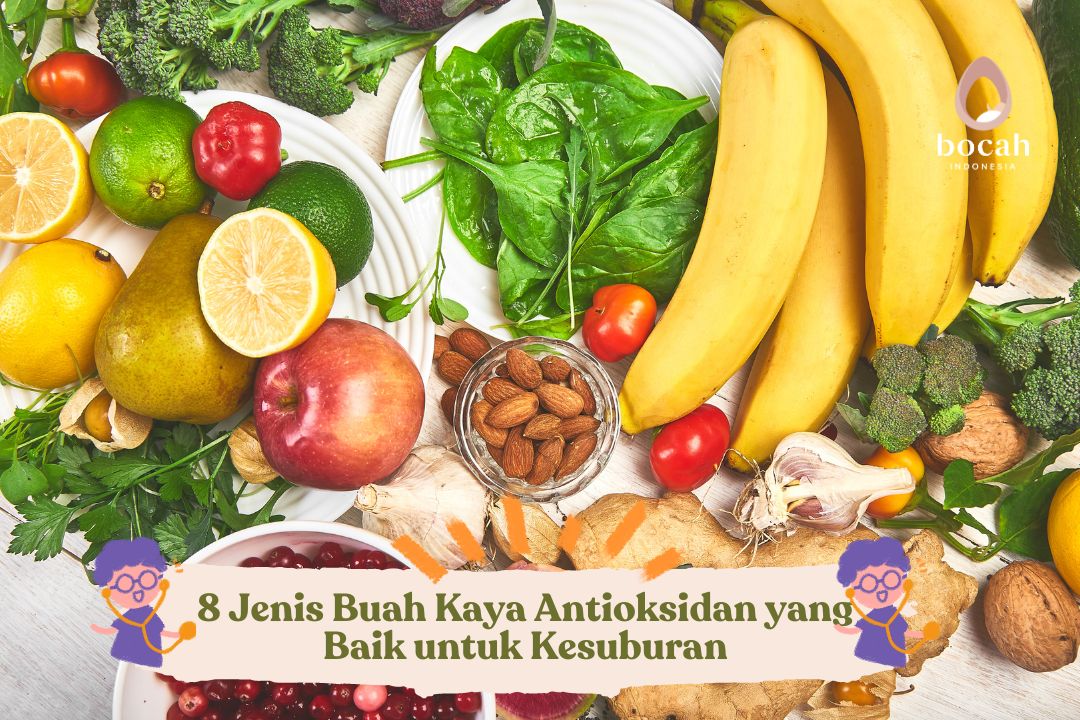5 Foods that Disrupt Fertility
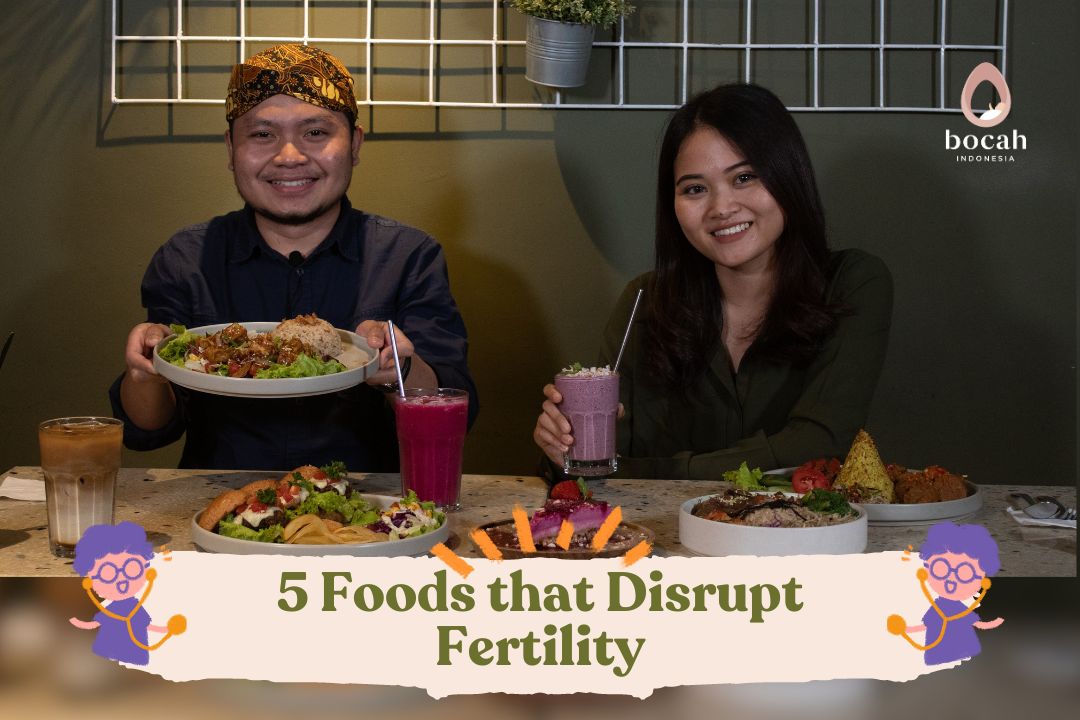
There are several foods that need to be avoided by women who are undergoing a pregnancy program (conception planning). What are these foods? Let’s find out, Moms!
Fertility is a complex matter. Many factors can influence an individual’s or a couple’s ability to conceive. One factor that has been found to affect fertility is nutritional needs.
In recent years, scientists have conducted more research on dietary patterns and specific foods that should be considered or even avoided by women to enhance the chances of conception. Find out about everyday foods that disrupt women’s fertility below, Moms.
Everyday Foods that Disrupt Women’s Fertility
1. Red Meat and Processed Meat
Research published in the National Library of Medicine shows that high consumption of red meat and processed meats, such as beef, bacon, sausages, and hot dogs, may be a factor in fertility issues for individuals of various genders.
One study found that women who avoid consuming red meat by focusing on plant-based proteins rather than animal proteins have a lower infertility rate due to ovulation disorders.
Tanya Mincah tentang Promil?
Another study also discovered that men who consume a lot of processed meat have lower quality, quantity, and motility of sperm compared to those who consume fish as a substitute.
Another study observed health data from 141 men undergoing in vitro fertilization (IVF) procedures with their female partners, specifically a procedure called intracytoplasmic sperm injection (ICSI), which is used by fertility specialists when male fertility issues are present. The study found a link between frequent consumption of processed meats and decreased egg fertilization in men.
Red and processed meats can also contain a lot of trans fats and saturated fats, which are associated with decreased fertility. Other research suggests that overall high consumption of animal protein can also be linked to poor fertility outcomes.
Consider replacing red and processed meats with plant-based protein alternatives such as:
- Seitan (wheat gluten)
- Tofu
- Tempeh Legumes
- Peas Lentils
2. Processed Carbohydrates
Some research links diets high in processed carbohydrates, including foods with a high glycemic index (GI), to reduced fertility in certain individuals. This association is stronger when the diet is also low in fiber and high in added sugars.
If a food has a high GI, it means that it causes a more significant increase in blood sugar after consumption compared to foods with a lower GI.
Examples of high-GI foods include white bread, white pasta, as well as white crackers, desserts, baked goods, and other highly processed packaged snacks.
Keep in mind that having a high GI doesn’t automatically mean reduced fertility. It’s the characteristics of these low-fiber, high-added-sugar foods that are more likely to negatively affect fertility.
A review found that replacing high-GI foods with lower-GI foods can help improve fertility in women. Lower-GI foods include whole grains and some types of vegetables commonly found in the Mediterranean diet.
On the other hand, some studies show that a diet very high in fiber can lower estrogen levels and increase the risk of absent ovulation. If you’re consuming a low-fiber diet, consider replacing white bread and pasta with whole grain versions.
For example, incorporate whole grain options like quinoa and 100% whole wheat bread as a substitute for white rice and white bread.
3. Trans Fat-Rich Foods
Baked goods like pastries, doughnuts, and cakes, especially those that are fried or contain margarine, may contain high levels of trans fats and saturated fats. Consuming these types of fats is associated with poorer fertility outcomes.
Research has found that consuming trans fats rather than healthier carbohydrate-containing foods is linked to a 73% higher risk of ovulation disorders, which can lead to infertility in women.
During a conception planning period, it’s best to avoid foods high in trans fats such as fast food and margarine. Instead, try consuming foods with good fats like avocados, olive oil, nuts, and seeds.
4. High Sugar Foods or Drinks
A study involving 3,828 women aged 21–45 years and 1,045 of their male partners who were planning to conceive analyzed the fertility effects of consuming sugary drinks for up to 12 menstrual cycles.
The researchers found that both men and women who regularly consumed sugary drinks, defined as consuming at least 7 drinks per week, experienced reduced fertility.
Sugary soft drinks had the worst effect, compared to sugar-free soft drinks and fruit juices, which did not show a significant relationship with fertility.
Another study found that higher consumption of sweetened beverages was associated with lower total mature and fertilized eggs, as well as fewer high-quality embryos, in women.
Instead of consuming sugary soft drinks, try drinking infused water made with plain water and natural flavors from lemon slices or berries.
5. Milk Product
Low-fat and skim dairy products may support male fertility, but dairy products with higher fat content have been associated with opposite effects. Cheese and milk consumption has been linked to lower sperm quality in some studies.
More research is needed on the relationship between dairy product consumption and fertility, but current observational studies suggest that some full-fat dairy products may provide benefits for women’s fertility, while low-fat dairy products or avoiding dairy products might be better for male fertility.
As an alternative, you can choose not to consume dairy products and replace them with various plant-based milk options, cheese, and other dairy products with varying fat levels.
Those were some foods that may need to be avoided if you and your partner are expecting a baby. Some of the above foods may have different impacts, so it’s advisable to consult with a doctor about what foods are good and not good to consume during your pregnancy program.
Source:
- Frontiers in Public Health. Diakses 2023. The Influence of Diet on Fertility and the Implications for Public Health Nutrition in the United States https://www.ncbi.nlm.nih.gov/pmc/articles/PMC6079277/
- Advances in Nutrition. Diakses 2023. Female Fertility and the Nutritional Approach: The Most Essential Aspects https://www.ncbi.nlm.nih.gov/pmc/articles/PMC8634384/
- Frontiers in Public Health. Diakses 2023. Nutrition and Female Fertility: An Interdependent Correlation https://www.ncbi.nlm.nih.gov/pmc/articles/PMC6568019/


